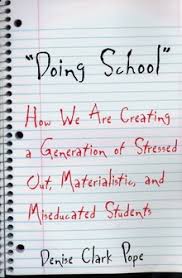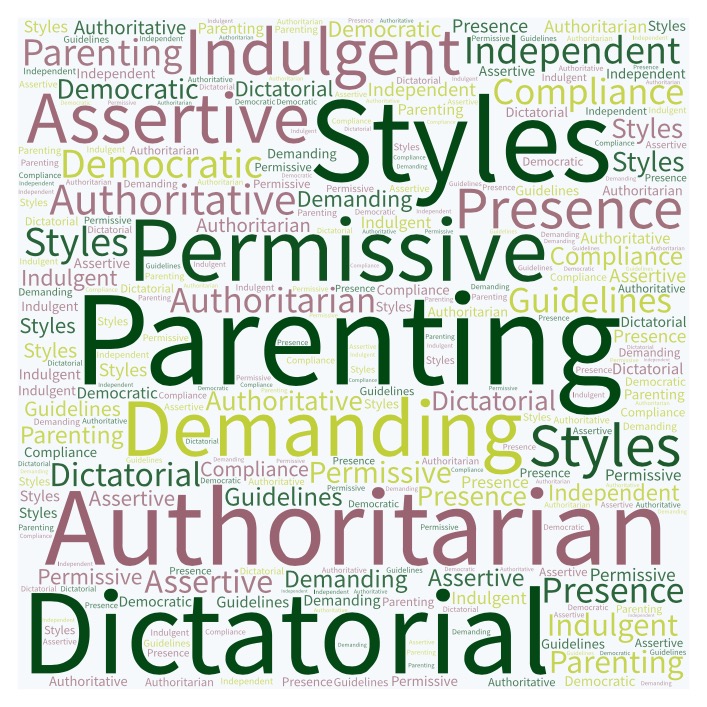Recently, I have developed increasing concern for our teens and the level of pressures they feel. In my conversations with parents, I hear comments such as “Don’t provide him with accommodations for his dyslexia; he needs to do it on his own, or he’ll never learn;” or “I know she has executive function deficits and sometimes struggles to turn in her work on time, but she’ll learn, if you just give consequences;” or “I’m going to put him in another independent school before he goes to college, or he will never make it in life. He doesn’t need all these supports.”
Recent Posts
As mentioned in last week’s post, it was suggested that the first place to start in helping a teen gain more independence is to evaluate one’s own parenting style. The parenting style referred to as the authoritative or assertive-democratic style typically is more closely aligned with the parent who wants to gradually release control so the teen becomes a wise decision-maker and can successfully live independently. In this style, the parent provides emotional support to the teen but also sets expectations and guidelines while involving the teen in some decisions when appropriate.
While all students in the Currey Ingram Academy Upper School have an Individualized Learning Plan (ILP), executive functioning training, emotional intelligence skill development, and small-group classes, those with dyslexia and/or broad language difficulties may need additional interventions tailored to meet their needs. These interventions are determined based on the student’s psychoeducational assessment and ongoing classroom interactions and performance.
During the last month, we have been thinking a great deal about the importance of teaching our students to give to others by getting involved in service projects. While we have done this with the canned food drive and planting at a farm, it is also important to participate in giving activities as a family. This process helps to encourage teens to be good “givers” rather than just “receivers.”
Currey Ingram Advantage
- What difference could the right school make in your child’s life?
- Imagine what success can look for your child.
- Our approach to teaching and learning is designed to empower every student to reach his/her fullest potential.









